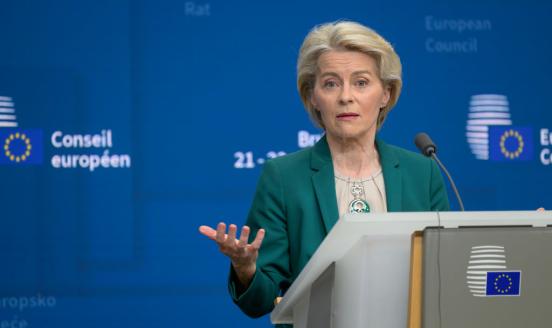The rocky road to EU accession for Western Balkan countries: obstacles and lessons from the Eastern Partnership
The three eastern European states had practically no waiting time before being accepted as candidate countries right after application

The Western Balkan countries and the countries of the Eastern Partnership are moving towards European Union accession at different speeds. We explore whether and how the variable speed towards EU accession can be traced to different legal regimes governing European integration: Stabilisation and Association Agreements (SAA) for the Western Balkan countries, and Deep and Comprehensive Free Trade Agreements (DCFTA) for the countries of the Eastern Partnership (EaP).
We find that DCFTAs apply more lenient conditionality to intra-regional cooperation. They subject non-tariff barriers to a more explicit regime than the Western Balkan SAAs. The DCFTAs also offer a more rigid and comprehensive approach to the approximation of laws than the SAAs, and the DCFTAs are more inclusive with regard to the role of civil society. However, there is no indication that the differences in legal governance have translated into stronger economic performance in the EaP countries or greater integration with the EU, compared to the Western Balkans.
The Western Balkan countries remain significantly more integrated than the EaP countries with the EU in trade terms, while convergence with the EU has been stagnating both for the Western Balkan and the EaP countries. Economic shortcomings in the Western Balkan still need to be addressed. Conditionality attached to both integration into the EU single market and EU funding should be nuanced; the eradication of non-tariff barriers should be prioritised both inter-regionally and intra-regionally between Western Balkan countries; the need for stronger EU investment in the region is reinforced by geopolitical concerns about Chinese investments coming without EU-type conditionality attached; and governance should give a stronger role to civil society. In order to address the shortcomings in SAAs, a pragmatic solution is to use the existing governance framework under the SAAs.
This Working Paper was produced with financial support from The Open Society Foundations Western Balkans. The author thanks Conor McCaffrey for research assistance, along with Marek Dabrowski, Zsolt Darvas, Heather Grabbe and André Sapir for their valuable comments and suggestions.



